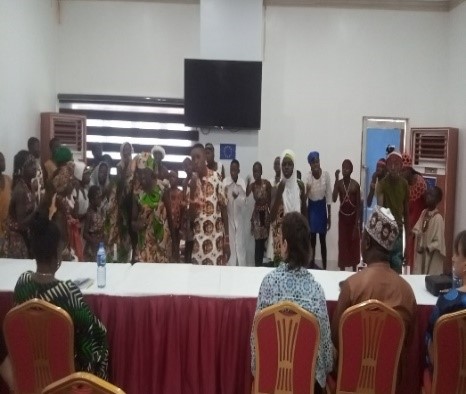Introduction and Background
Co-funded by the European Union (EU) Faith for Peace (F4P) project shall be implemented by Center for Community Actions for Peace and Development (CCAPAD) and Tarayyan Ekilisiyar Yan’uwa a Nigeria (TEKAN) for 3years in 2 states of the North Central and North Eastern Nigeria.
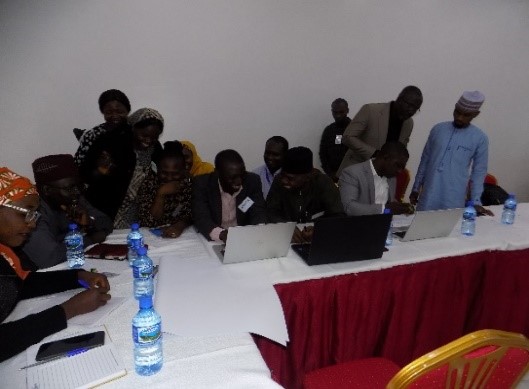
The intervention is aimed at contributing to strengthening democracy, freedom of religion, human rights protection, peacebuilding, and socio-economic development in Nigeria through improving the capacities of community-based groups, civil society organisations, religious leaders, faith-based organisations, and government institutions to promote peace, religious tolerance, respect for human rights, and improved livelihoods, with a focus on women and youths in twelve communities in six local government areas (LGAs) of Gombe and Nasarawa states.
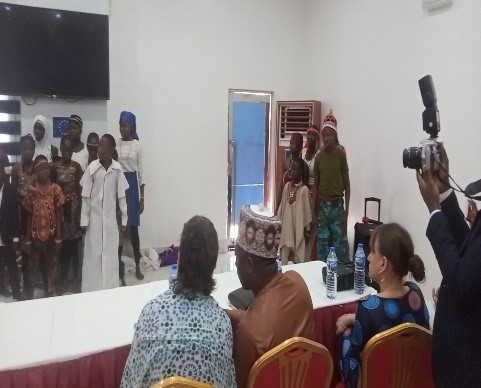
The issues
Since 2009, the North-Eastern states of Nigeria have been affected by conflicts, hosting violent extremist groups with religious inclination such as Boko Haram, Islamic State in West Africa (ISWA), Banditry, Kidnappings and other forms of extremisms. For over a decade, these groups have been involved in severe cases of human rights violations and extra-judicial killings. State security forces seem overwhelmed by the activities of these extremists. Gombe state in North Eastern and Nasarawa state in North Central Nigeria have had their shares of these violence. Violent activities of the groups in the two states have led to displacement of persons, destruction of livelihoods, and slowed socio-economic development, breeding mistrust among adherents of the two major religions. Attacks have taken place around religious and public holidays in public or crowded places, including places of worship, as well as during election periods. This has weakened citizens’ participation in governance processes leading to weakened institutions.
The target audience in the project are women and youths in twelve communities in six local government areas (LGAs) of Gombe and Nasarawa states.
As part of the preparation for the project, a Three days training was organized by EU, Bread for The World, CCAPAD and TEKAN to equipped the project participants on the project objectives and project implementation guidelines, EU financial and procurement process, as well as reporting template for familiarization and guide.
As part of the continuation of the activities for the project implementation, a work plan was
designed to serve as project guide.
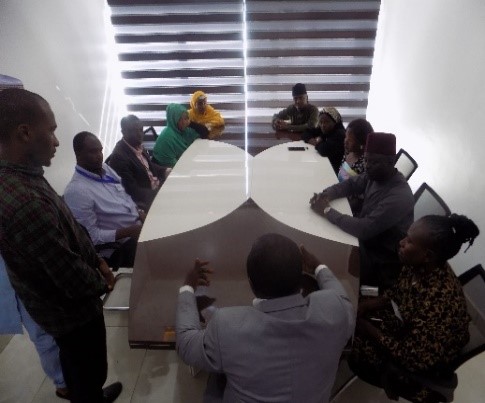
The prospects
Through its components of collaboration and advocacy (result 1) as well as peacebuilding (result 2), the action will enhance strategic engagement with relevant institutions, religious leaders, faith-based organisations, and communities with deeply entrenched religious perceptions to support FORB and address key issues such as peacebuilding, human rights, violent extremism, religious polarisation, and displacement, with a strong focus on participation of women and youth. The action will support the protection of people who have been discriminated against, marginalised, and/or persecuted on religious or faith grounds, also prioritising women and youth.
The strategies
The action will employ the human rights-based approach (HRBA) including the selection of representatives of key stakeholder groups in the action’s planning, decision-making, implementation, and management. Coordination and consultative meetings with duty bearers will involve target groups. Duty bearers and rights-holders will be reinforced to be aware of, and empowered towards, participating in the action’s design, implementation, review, and advocating for rights. This will showcase the benefits of participatory approaches for improved relevance, ownership, and sustainability of the action. The action will customise and use digital M&E tools to create a feedback channel and complaints mechanisms.
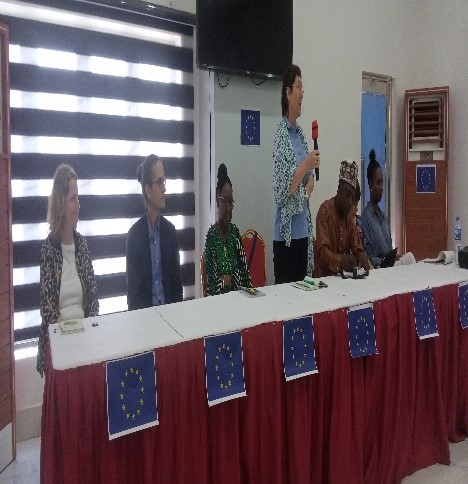
Value Addition
Particular added-value elements: 1) Creating a safe space for women’s participation in human rights promotion and peacebuilding, contributing to gender equality in political participation aligned with the CEDAW, EU GAP III priorities, and UNSCR 1325; 2) creating a collective action for human rights and FORB through the unique outreach of the three co-implementers, thereby establishing best practices and innovation in networking and collaboration of CSOs, CBOs, and faith groups, and cooperation with government authorities; 3) implementing an intersectional and gender-transformative approach involving vulnerable populations such as rural women, casual workers (women), PWDs, and youths, contributing to realising the EU Youth Strategy 2019-2027; 4) sustainably empowering the target groups, setting the basis for amplification or replication of the action; 5) based on extensive experience and close connections with the target groups: applying the ‘do-no-harm’ approach ensuring conflict-sensitive project implementation.
